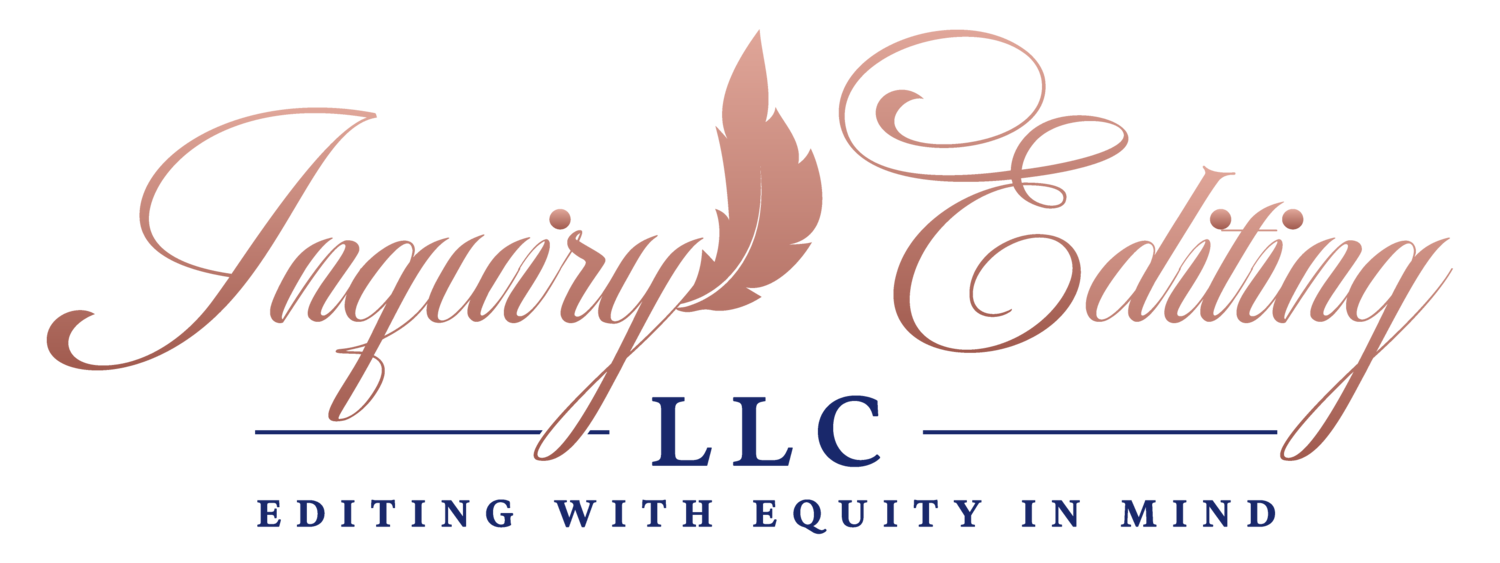Writer’s Block
Twice in as many weeks, I was asked about “writer’s block.” I answered honestly: I don’t believe in writer’s block.
It occurs to me that I have never discussed that belief in this forum. Let me give my answer in full.
I do not believe in writer’s block. I do understand when someone has a deadline and they do not know what to put on the page. I understand when someone does not have an idea they believe in for their work. I understand being stymied by feedback such that you do not know where to start.
So, I think of writing as a cyclical process. There are times when we need to read. Times when we need to speak to people. Times when we need to run the data again. Times when we need to get words on a page. Times when we need to get some distance from the project. Times when you figure that you’ve done your best and you may as well submit.
The cyclical process appeals to me because it provides me with a sense where I can go if I am not ready to write yet. When I sit down to write an academic essay, I usually have an assignment for myself. I am responding to a Call for Papers (CFP) or a request from a friend. Either way, I have some ideas about where I might go. If I do not, I know I need to look at the portion of the email (CFP or no) that has piqued my interest. Thinking of the writing process as a process keeps me from getting stuck. The same is true for poems and creative non-fiction. I have a well of prompts from instructors, friends, and reading I’ve done.
If you do sit down and you feel you are ready to write, something should come forth. Though many of my academic colleagues start by writing the argument, I begin with the first example. I tend to analyze the text, then expand to an analysis where more context is needed. Then, I proceed through the examples. After that, I ask myself whether I have an argument or not. This takes the pressure off of me to begin with argumentation and risk a top down approach to the literary analysis.
Minda Honey (author of The Heartbreak Years) taught me that, for creative non-fiction, the question one has to answer is whether one has an essay or simply an anecdote. What marks the difference? Perspective. Do you want to describe your trip to a supermarket? (That’s an anecdote) Or, do you think your trip to the supermarket is the vehicle to talk about the Anthropocene or your journey to learn how to cook? (That’s an essay) To Minda’s point, I think each genre requires a question of that sort: do you have a poem or a journal entry? Do you have an argument or simply an observation?
If you find that your idea does not pass muster, I can tell you what you do not have: writer’s block. Instead, you are in a different part of the process. Perhaps you need to run your idea by someone in your audience. Perhaps you need to read that book you’ve been putting off. Perhaps you need to talk to your therapist. Perhaps you need more information. Before you rehearse the feeling of “stuckness,” reach for other parts of the process. You’ll cycle back to the writing sooner rather than later.
